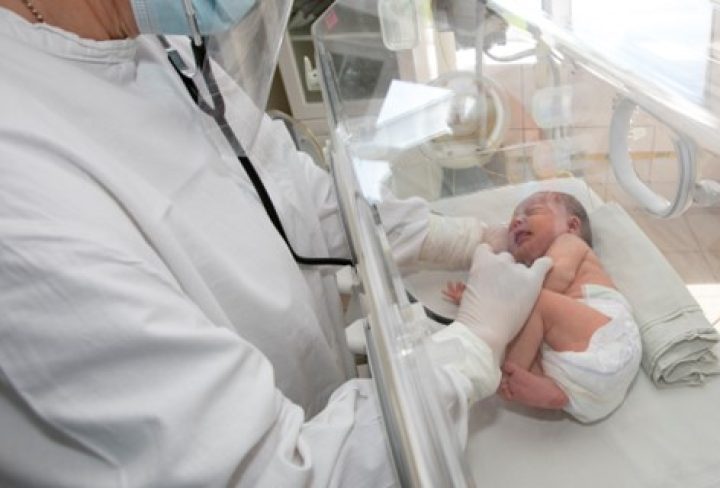What is Tetanus?
Neonatal tetanus is a severe illness that attacks the nerves and muscles of the body. It is caused by a bacterium usually found in soil or animal faeces that enters the body through a wound in the skin.
It does not spread from person to person and can be prevented by a vaccine.
Neonatal tetanus occurs in infants born in unhygienic conditions.
Symptoms of tetanus
Newborns start showing symptoms about 8 days after birth. They include:
- Stiffness of the jaw (also called lockjaw)
- Poor feeding or suckling ability
- Continuous crying
- Fast pulse
- Fever
- Difficulty breathing
- Apnea (temporary cessation of breathing)
- Cyanosis (bluish discoloration of skin)
- Omphalitis (Pus discharge from the cord)
Symptoms of tetanus may mimic other medical conditions. Always consult your doctor for a diagnosis.
Causes or Mode of Transmission of Neonatal Tetanus
- Unhygienic conditions during childbirth
- Newborn exposure to dust or soil
- Babies from un-immunized mothers
- Ear-piercing
- Poor Umbilical cord care and unhygienic cord cutting
- Circumcision (removal of foreskin covering the tip of penis)
Immunizing the mother and using hygienic practices during childbirth can significantly reduce the risk of tetanus.
How Is Tetanus Diagnosed in a Child?
- Your child’s doctor will ask about the symptoms and medical history
- They may also ask about the recent history of a bite or scratch or other skin wounds.
- They will perform a physical examination, like checking wounds.
Treatment for Tetanu
Treatment will depend on the symptoms, age, and general health of the child.
Treatment for tetanus or to reduce the risk for tetanus after an injury includes:
- Cleaning the skin wound
- Giving a series of tetanus antitoxin shots
- Prescribing antibiotics
In severe cases, your child may be admitted to the hospital where:
- A breathing tube is inserted into the throat if the child has breathing problems
- Medications to control spasms
Talk to your doctor about the uses and side effects of all medicines.
When can Your child get Tetanus Shots?
DTaP is a combination vaccine that provides immunity against 3 diseases: diphtheria, tetanus, and acellular pertussis.
Pregnant women should get a DPT booster dose between 27 – 36 weeks of pregnancy to increase protection for their baby after birth.
The recommended doses for children are:
- First 3 shots: 2, 4 and 6 months
- Fourth shot: 15-18 months
- Fifth shot: 4 -6 years
- Booster dose: 11-12 years
It is important for your child to get vaccinations on time to get immunity against the disease.
What are the possible complications of tetanus?
Complications of tetanus can include:
- Broken bones (due to severe muscle spasms)
- Abnormal heartbeat
- Breathing problems
- Lung infection
- High blood pressure
- Blood clot in the lung
- Brain damage
A blocked airway even causes death from tetanus due to damage to the nerves regulating breathing.

